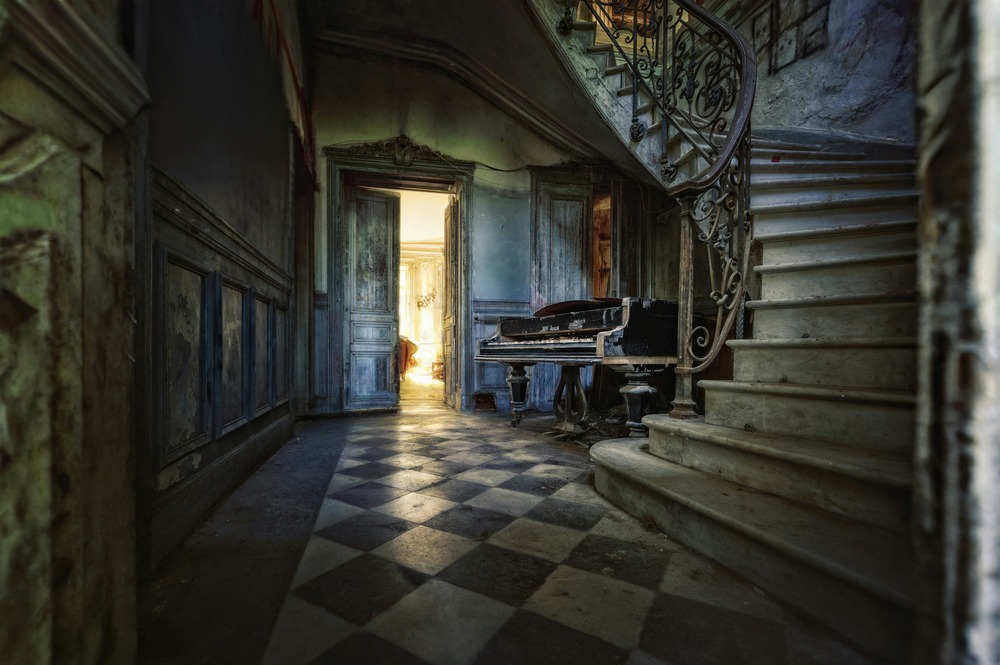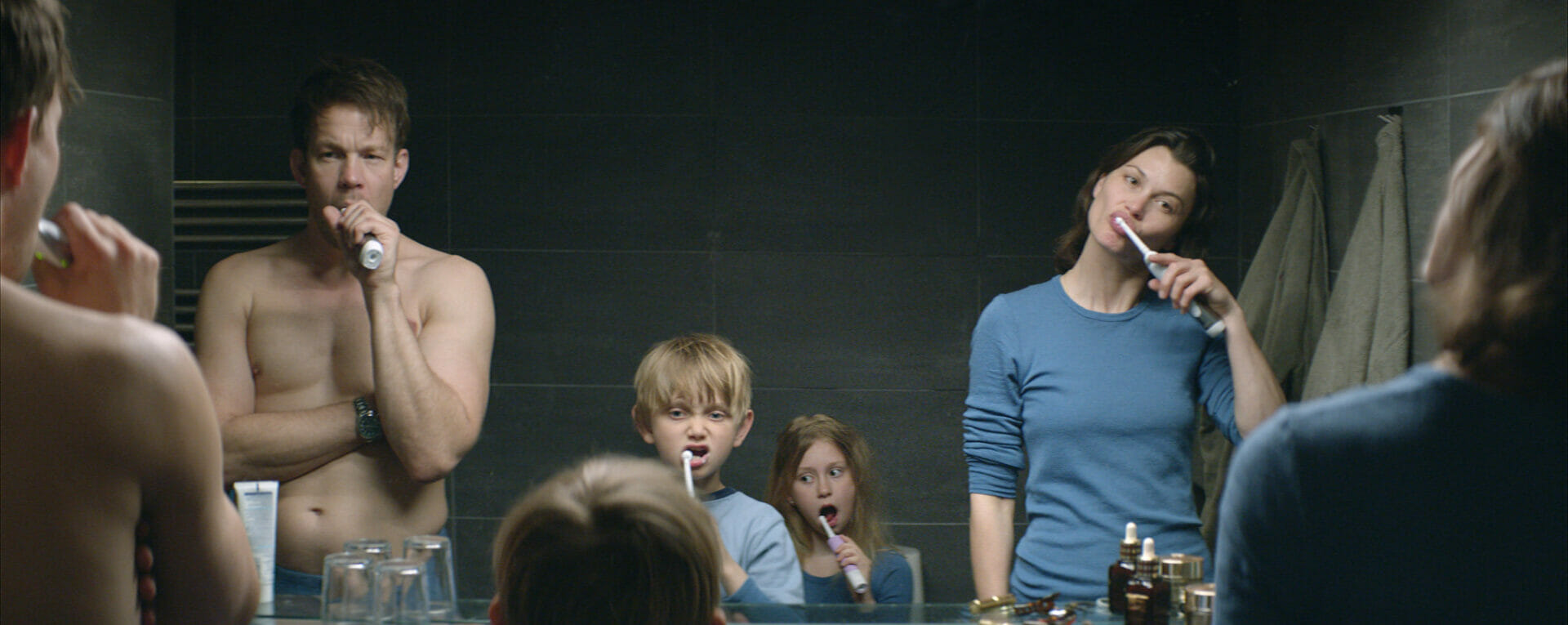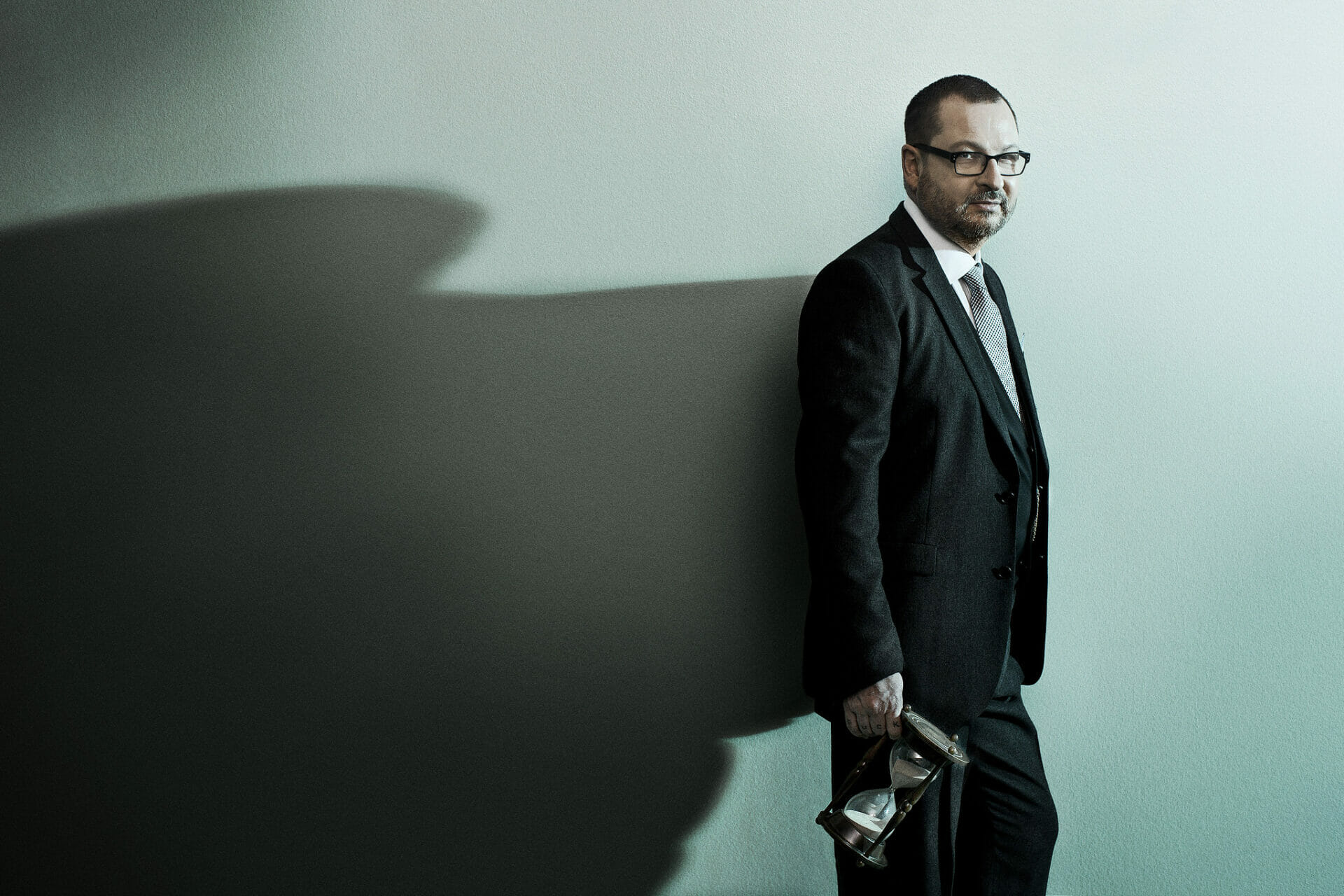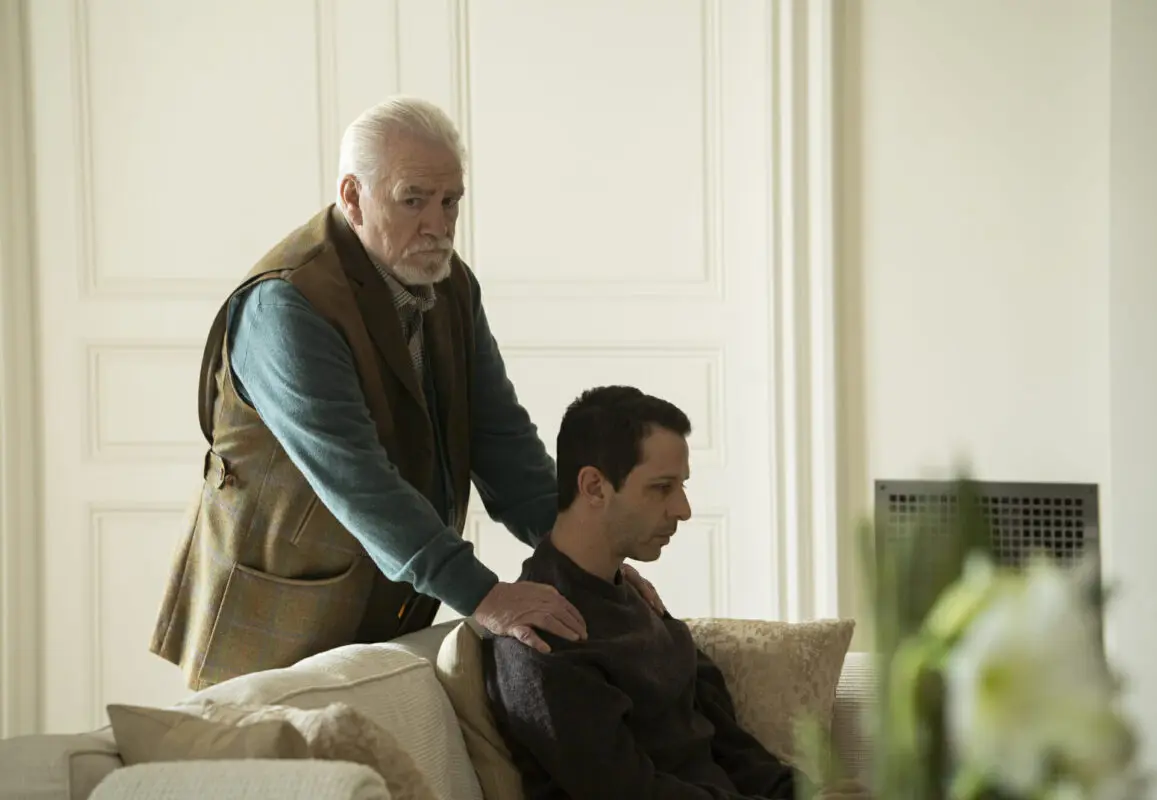
The Celebration (Festen) by Thomas Vinterberg Movie Review | Tearing Down Family Hypocrisy
Year
Runtime
Director
Cinematographer
Music by
Country
Format
Subgenre
When Danish director Thomas Vinterberg‘s The Celebration (Festen) burst onto the cinematic landscape in 1998, it defied all expectations. As the inaugural film of the Dogme 95 movement, it was both a bold statement and a testament to the power of simplicity. The film premiered at the 51st Cannes Film Festival, where it won the coveted Jury Prize. It received worldwide acclaim, solidifying its place as a groundbreaking cinematic achievement. The Celebration offers a raw portrayal of a family unraveling, exposing its hypocrisies. It explores themes of guilt, betrayal, and repressed trauma – motifs that define Vinterberg’s distinctive voice.
Before the film’s release, Vinterberg and Lars von Trier co-authored the Dogme 95 manifesto, a rejection of Hollywood conventions that immediately sparked skepticism. The Danish directors championed avant-garde cinema that focused on traditional values: plot and performance. Aiming to restore the purity of the seventh art, they cast aside artificial lighting, special effects, and elaborate sound design. Dogme 95 was not just a manifesto but a revolt against a system obsessed with style over substance.
Now that the Dogme 95 movement has disbanded, The Celebration is widely regarded as its most emblematic product. Fully embodying the movement’s ideals, it is considered a milestone in European cinema. Its success on the world stage demonstrated the depth and richness of Danish storytelling. As a result, it opened new doors for subsequent Danish filmmakers, allowing them to reach a wider international audience.
- You Reap What You Sow
- A Toast to the Truth
- Beneath the Surface: Power and Complexity in Family Dramas
- Dogme 95’s Ultimate Movie
You Reap What You Sow
If the atom of modern society is the nuclear family, challenging it is to undermine the entire system that relies on it. That is the premise of The Celebration. Considering this is only Vinterberg’s second film, the brilliance with which he tackles and develops this theme is dazzling. Indeed, is there a better strategy than locking a group of bourgeois in a lavish villa to celebrate the 60th birthday of a patriarch?
Helge (Henning Moritzen) is a selfish, violent man who has used his business success and his wife’s complicity to create a facade of respectability. His cruelty has scarred his children, each in their own way. Christian (Ulrich Thomsen), the eldest, has long suffered in silence, consumed by guilt and shame over his childhood. Helene (Paprika Steen), the least fleshed-out character, is a woman adrift in confusion, desperately distancing herself from the family turmoil. Michael (Thomas Bo Larsen), the youngest, has internalized the family’s contempt and drowned his despair in alcohol and abuse of his wife. Then there is Christian’s twin sister, Linda – though absent from the screen, her presence lingers ominously. Her suicide left a lasting mark on the family, simmering the unresolved tensions and unspoken truths beneath the surface.
But Helge is old now, and his reign is ending. Contrary to what he thinks, not all of his children have come to celebrate him. One has come to present him with the bill and force him to pay it.
A Toast to the Truth
Several toasts punctuate the rhythm of The Celebration and reinforce its stark atmosphere. The film lacks a soundtrack, following strict adherence to the manifesto. As in Dostoyevsky‘s novels, the dramatic tension unfolds primarily through these speeches, with accusations and defenses hurled back and forth like a courtroom battle; this gradually exposes each family member’s true allegiance to the patriarch and reveals his wrongdoings.
Vinterberg exposes the hypocrisy within the family and society through these power shifts. Raw confrontations mix with forced conviviality as the celebration continues, feigning normalcy amidst unraveling truths. The songs and dances in which the guests participate take on an allegorical weight, symbolizing a willful denial of reality—seeking refuge in fleeting pleasures to escape uncomfortable truths. On a larger scale, they stand as a metaphor for Hollywood cinema, more engrossed in performance and spectacle than in the earnest portrayal of reality.
Beneath the Surface: Power and Complexity in Family Dramas
As a family drama, The Celebration belongs to a long literary and cinematic tradition. In literature, well-known examples include novels such as My Brilliant Friend by Elena Ferrante or The Corrections by Jonathan Franzen (2001). On the film front, the most notable recent work is Yorgos Lanthimos‘ Dogtooth.
What unites these works is the exposure of power dynamics within the family. Promoted as a place of peace and intimacy, the family becomes a battleground where manipulation and violence are commonplace. Beneath the surface of tradition and affection, unspoken rules enforce control, and those who challenge them risk exclusion or destruction. While the intent of each of the works above is a critique of the family, each uses different tools. My Brilliant Friend, for example, delves into the emotions of its characters with extreme realism, encouraging the reader’s empathy.
In contrast, Dogtooth and The Celebration make extensive use of dark comedy. This strategy aims to “defamiliarize” the power dynamics. It allows the viewer to gain a new perspective on them, one that oscillates between embarrassment and disgust.
Dogme 95’s Ultimate Movie
The truth that The Celebration seeks to reveal lies not only in its content but also in its form. Using a handheld camera evokes a sense of immediacy, giving the film a documentaristic allure. As it reflects the character’s restlessness, it also enhances the immersiveness of the experience, leaving no escape path for the audience.
The absence of artificial lighting lends the image a rawness that perfectly matches the dysfunctional dynamics of the family portrayed in the film. Vinterberg refrains from any form of embellishment. On the contrary, bordering on cynicism, he seems intent on making the audience absorb as much pain as possible. Almost applying a mathematical formula to unite form and content, as the film reveals more profound layers of horror, the image grows murkier, almost repulsive, as night falls.
The frequent use of close-ups enhances this effect, capturing every grimace of pain, shock, and disbelief. The camera focuses on the performances of the actors. The visionary artistry of cinematographer Anthony Dod Mantle proved indispensable in manifesting this singular aesthetic.
In conclusion, The Celebration was not just a film but a test, a trial by fire for the principles of Dogme 95, Vinterberg’s vision, and the audience itself. It demanded confrontation, not consolation or comfort. And like truth, it allowed no compromise.
Tag
Buy a ☕ for Hypercritic










